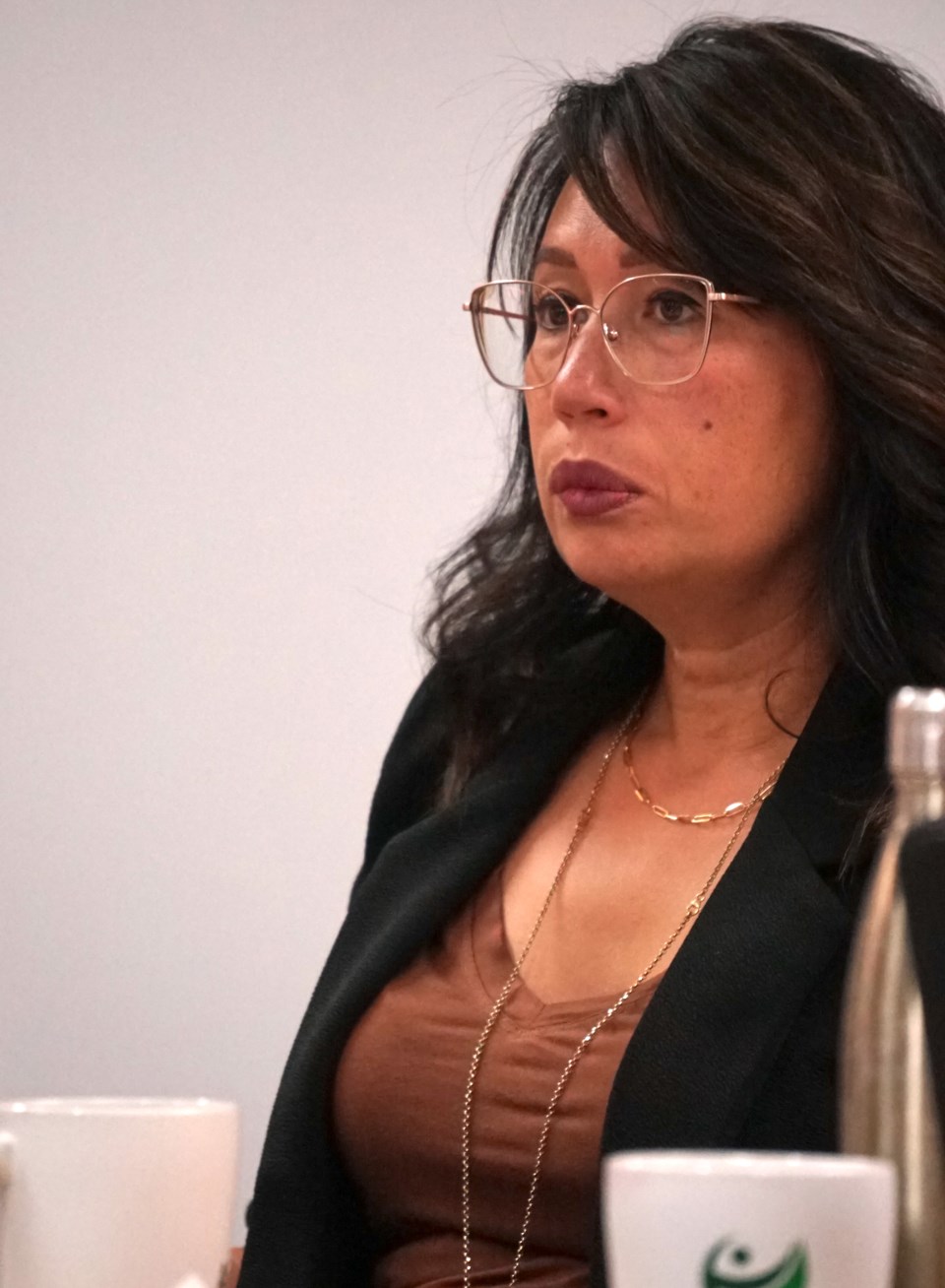ATHABASCA — Future educators in northern Alberta now have more post-secondary options close to home thanks to a new program from Portage College in partnership with the University of Calgary (U of C).
Portage’s Bachelor of Education program was open for applicants for its second year in 2024, and the hybrid degree is the college’s first step towards a solution for a problem many educators in Alberta are familiar with.
“Our school division partners who we work with really closely at the college, they come to us often and say, ‘We are crying for teachers, we need teachers, what can you do to support us in this?’” said Stephanie Solarz, Dean of Foundational Learning, University Transfer and Arts for Portage College.
“That was part of the reason this partnership came about, and part of the reason that we at Portage are now pursuing degree-granting status,” she added.
Although the process of reaching degree-granting status is still in the works, — which would allow the college to offer bachelor programs without University partners — the partnership education program with the U of C is a move in the right direction for both school divisions and future teachers from the region.
Students in the program take online and in-person classes at local Portage campuses throughout the regular school year, and travel south for a two-week summer residency at the U of C.
“The biggest cost for rural learners to go to school is the living expenses to move,” said Solarz. “If we can eliminate that for students, we have massively increased the opportunity for rural students to obtain bachelor’s degrees.”
Aspen View Public School’s board of trustees received word of the program during their Sept. 12 meeting, when superintendent Constantine Kastrinos detailed the boots-on-the-ground benefits of the new program.
“We would have students from our own area here apply into these programs. As a school division, we would support the program by offering practicum placements,” Kastrinos told trustees.
He noted by way of being involved in the learning process for local education students, Aspen View would also be in a unique position to recruit graduates from the program looking to live and work near home.
“I’m really excited about that, because we always have that question: how do we get people to smaller, rural boards? I think with these types of initiatives — and I see the government is supporting these initiatives — it will help alleviate some of the staffing issues,” said Kastrinos.
Along with Aspen View, Solarz said Portage is working with approximately 12 high schools and school divisions from as far north as the Fort Vermilion School Division in High Level to the Nisku area Black Gold School Division, including schools in St. Albert.
AVPS trustee Donna Cherniwchan inquired why the northernmost major post-secondary institution in the province wasn’t a partner, and questioned why the program focused on northern Alberta learners is sending students down south.
While Kastrinos said the U of C’s mode of operating is more modern than the University of Alberta’s (U of A), Solarz said Portage does partner with the Edmonton-based institution but with a much more specific program.
Portage’s Aboriginal Teacher Education Program (ATEP) is done in conjunction with the U of A and focuses on getting Indigenous educators into elementary classrooms in Alberta. Solarz said while ATEP is a successful program, a recent change in the enrolment process allowing only Indigenous applicants means other sects of northern students are in need of options.
“This partnership with the U of C is a really great alternative for them because they can still be mostly in their community, they can do their practicums in a rural setting, they can take courses and a bachelor’s degree that are focused on rural teachers.”
Though the program isn’t an immediate fix for the ongoing teacher shortage, Solarz said the goal is to provide concrete opportunities for the program’s future graduates in order to provide stability for teachers, their students, and school divisions.
“There is a much higher chance that those students, who will turn into professionals, will then stay rural,” she said.
“You develop this pattern of high-quality education opportunities and retained local talent and the hope is that a few years down the road, the ups and downs of teacher recruitment for our rural school divisions slows down.”



